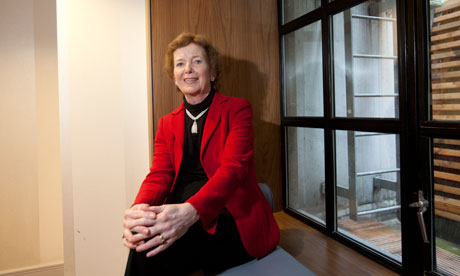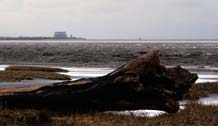At last week's meeting
Futures Forum: Development for Sustainability: Futures Forum meeting
Futures Forum: Sustainable Development: meeting 24th September
District Planning Policy Manager Matt Dickins gave this presentation on the 'Sustainability Appraisal':
For the presentation in full, click here.
Vision Group for Sidmouth - Futures Forum meets 24th Sept: report
.
.
.
Yesterday’s giant climate report was met with a dance and a scream. The dance came when the governments and scientists of the Intergovernmental Panel on Climate Change (IPCC), finally put the finishing touches to the most important analysis yet of its kind after a series of sessions that allowed them only six hours’ sleep in the last 52. The conference manager, Francis Hayes – a former Met Office scientist – donned a Russian hat and performed a Cossack caper in celebration.
The mass scream was part of a demonstration outside the former Stockholm brewery in which they had convened by protesters venting their frustration that governments have largely failed to act on previous warnings. They hope that will change. For this is the first in a year-long series of giant IPCC reports to prepare the ground for an attempt to forge an international agreement on tackling global warming in Paris in December 2015.
Mind you, there are those who say the IPCC has long been leading the world a merry dance. As some extreme sceptics see it, a small clique of scientists has been concocting, against all the evidence, one of history’s greatest hoaxes, bamboozling governments into addressing a problem that doesn’t actually exist. But the conspiracy theory fails at the briefest reality check.
The summary report published yesterday, and the million-word full version that will follow, result from a mindbogglingly thorough process. Together they were written by 259 top scientists from 30 countries, drawing on 9,200 mostly recent scientific publications – and checked by 1,089 reviewers, whose 54,677 comments all had to be taken into account. And over the past week “every single word” has been justified to 110 governments.
Unsurprisingly, this painstaking procedure produces cautious reports. It was not until 2007 that the IPPC straight-forwardly accepted that humanity was causing global warming, nearly 20 years after leading scientists had begun publicly saying so. Even then, it grossly underestimated the resulting sea level rise, and wholly failed to a predict a dramatic melting of Arctic sea ice that year. Yesterday’s report increased its assessment of the likelihood that humanity is warning the planet from 90 to 95 per cent. Yet it, too, errs on the side of caution on Arctic ice, and takes little account of what scientists say is one of the most alarming developments: the release of methane from melting permafrost to reinforce the gases already warming the planet. Its conclusions are nevertheless alarming. Atmospheric levels of greenhouse gases are “unprecedented in at least the last 800,000 years”. The Antarctic ice sheet is melting five times – and the Greenland one six times – faster than just a decade ago. And whatever changes take place will only be reversible over many hundreds, even thousands, of years.
What it does not conclude, despite widely publicised sceptic assertions, is that the world is warming at about half the rate it previously estimated. Its actual reduction is by just one hundredth of a degree centigrade, from 0.13 to 0.12 degrees per decade.
The IPCC did, however, address a much more substantial sceptical point, that the temperature increase at the Earth’s surface has slowed down since 1998 to about 40 per cent of its average rate since 1951 – something it accepts it didn’t predict. One reason is that 1998, the year invariably chosen by sceptics, was one of the warmest ever: if 1995 or 1996 is chosen as the starting point, the rate actually exceeds the long-term average. But, even then, the warming has been much slower than in the previous decade.
That seems partially due to rather less heat reaching the Earth from the Sun, since it is going through a cooler phase in its regular cycle and dust from volcanoes is providing some screening. Even so, enough is getting though to warm the planet somehow: to deny that it is doing so is to challenge not global warming but the laws of physics themselves.
It has almost certainly ended up in the oceans, like more than 90 per cent of all the solar heat we receive, and there are some indications that it has penetrated deep down where our monitoring is poor. If that is so, it could provide temporary, if illusory, relief. The process could just as well reverse when conditions change, seriously accelerating warming. Such slow-downs have happened before, only for rapid heating to resume. Despite the IPCC’s work, however, there is so far little sign that governments will do enough to avert dangerous climate change. Looking back at its report, it seems, future generations are more likely to scream than to dance.









 266 Comments
266 Comments








